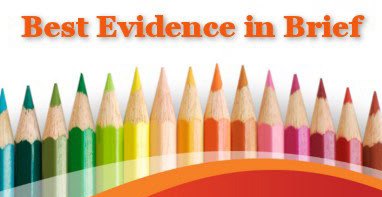Academic underachievement, the gap between expected achievement and actual academic performance, remains a critical issue, leading to the loss of significant societal contributions and heightening the risk of psychological problems such as depression, substance abuse, and behavioral issues. In November 2023, a meta-analysis was published with the aim of understanding the characteristics of underachieving students. The meta-analysis summarized 80 years of research, shedding light on the correlation between underachievement and various motivational and self-regulated learning factors that could potentially be targeted and modified through interventions.
The analysis of the 125 included studies reveals that underachieving students, compared to non-underachievers, demonstrated significantly lower levels of competence belief (ES=-0.48), autonomous motivation and task values (ES=-0.48), mastery goals (ES=-0.39), as well as self-regulated learning strategies (ES=-0.59). Additionally, underachievers exhibit a statistically significant higher external locus of control (ES=+0.30), and a non-statistically significant lower internal one (ES=-0.11). The analysis of performance-approach goals (ES=-0.03), performance-avoidance goals (ES=+0.07) and learned helplessness (ES=+0.64), based on a smaller number of studies, did not yield statistically significant results.
Consequently, underperforming students, on average, exhibit lower levels of self-esteem as learners, assign less significance to their learning endeavors, struggle with inadequate learning regulation, and lack the motivation to enhance their academic proficiency, attributing the outcomes of their actions to external factors. In exploring additional factors that account for variation in this association, the authors identified the method of identification and grade level as significant moderators for competence belief, noting a larger effect for middle and high school compared to postsecondary education. Contrary to their expectations, however, they did not find gender-related differences or differences for gifted underachievers. These results could be useful in guiding practitioners in the selection of interventions targeting these psychological constructs with the aim of reversing underachievement.

